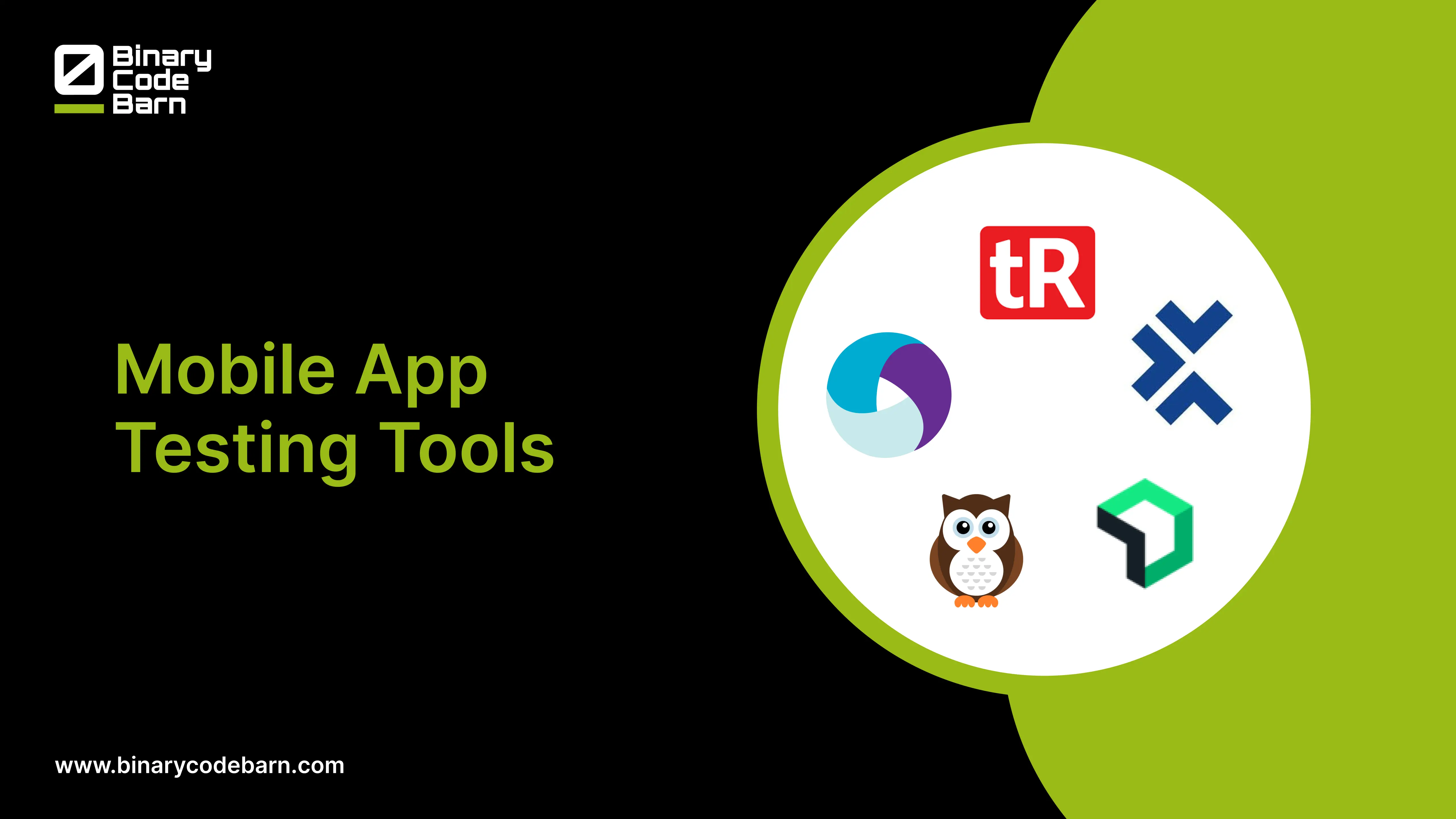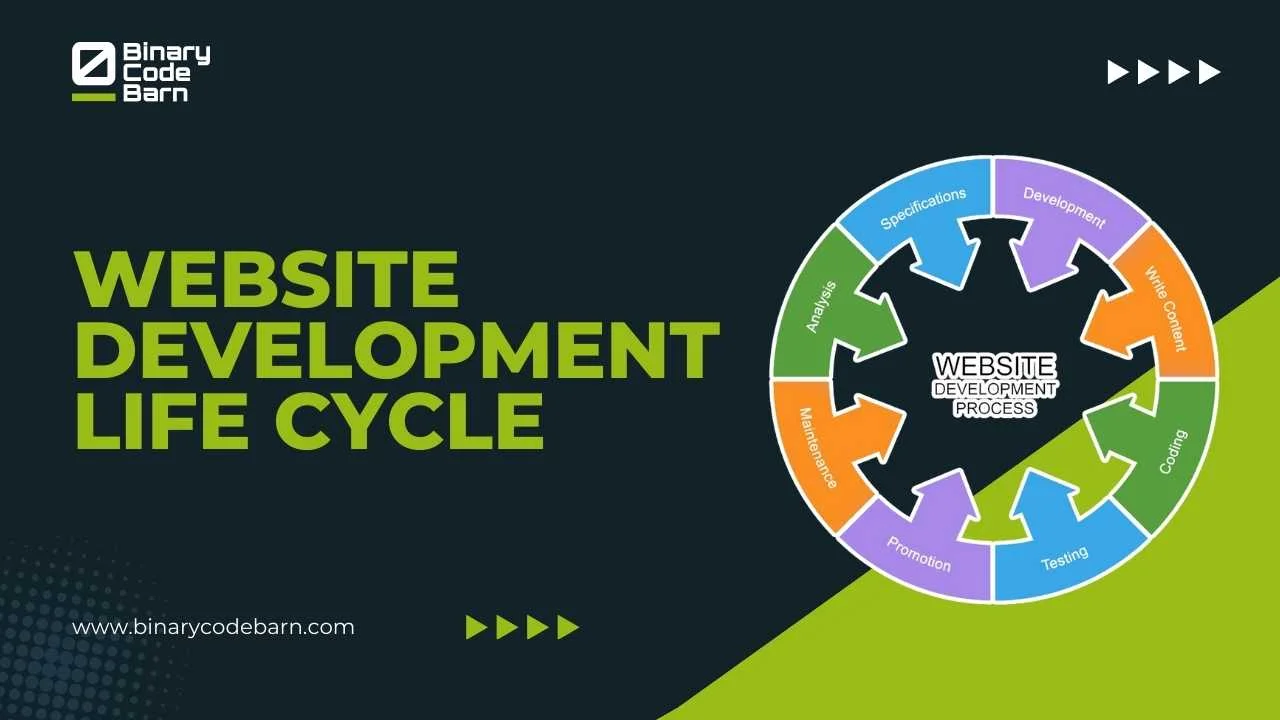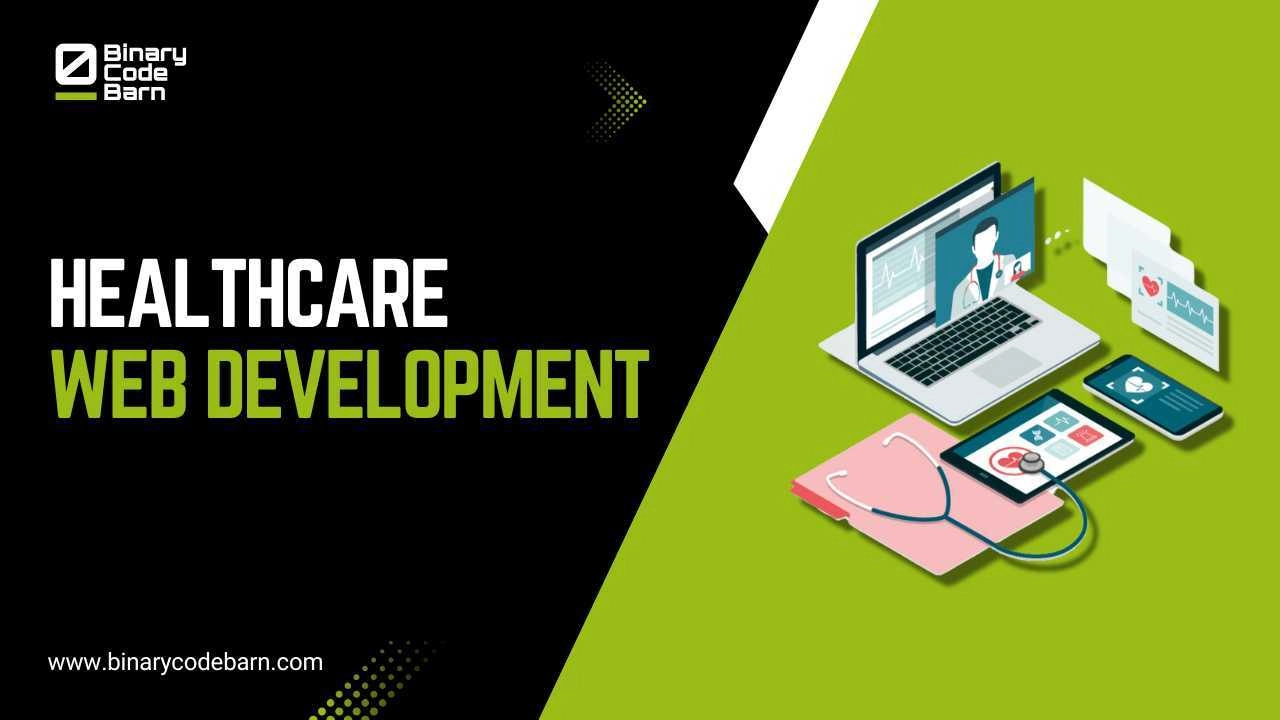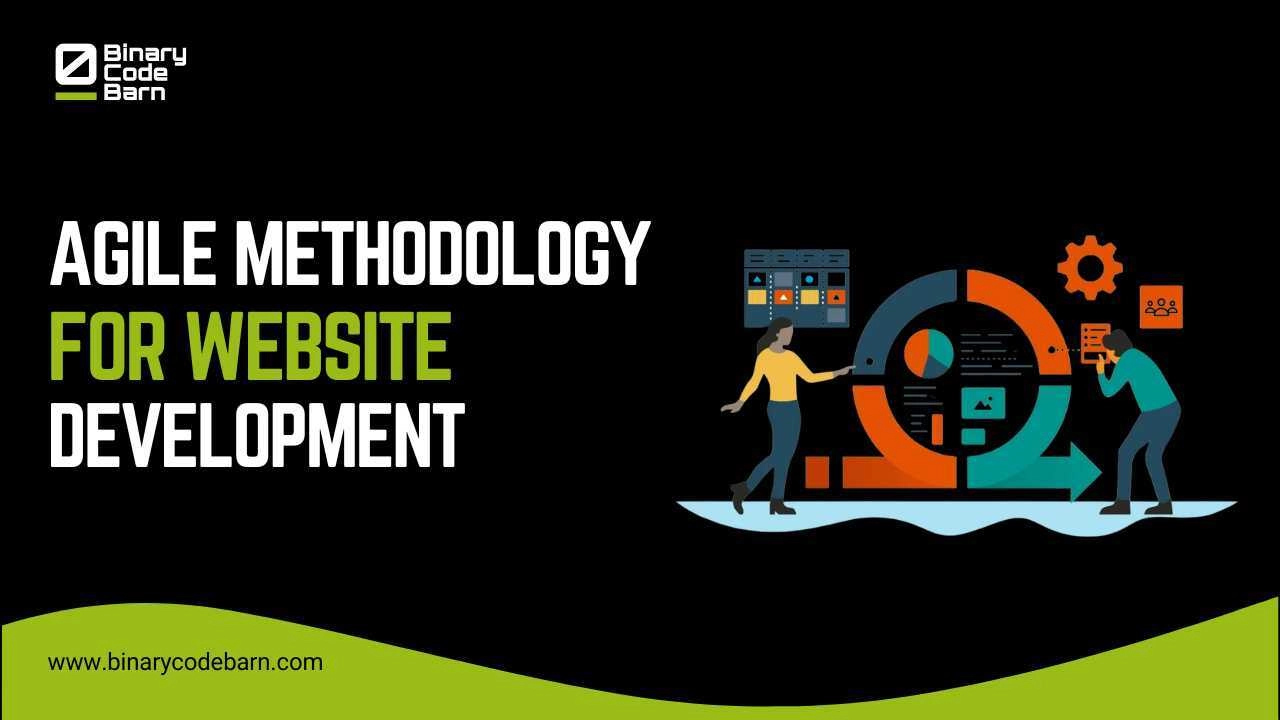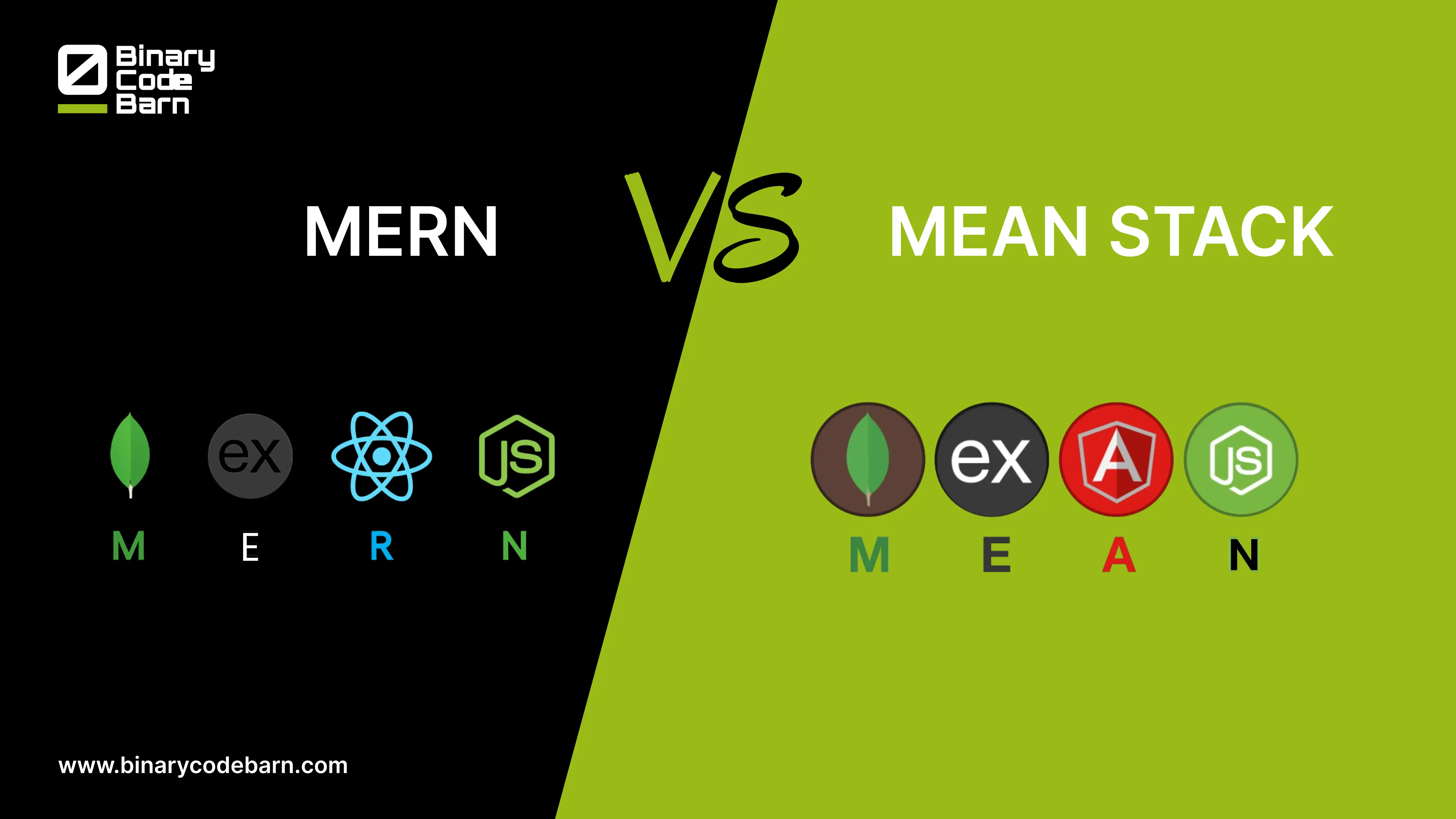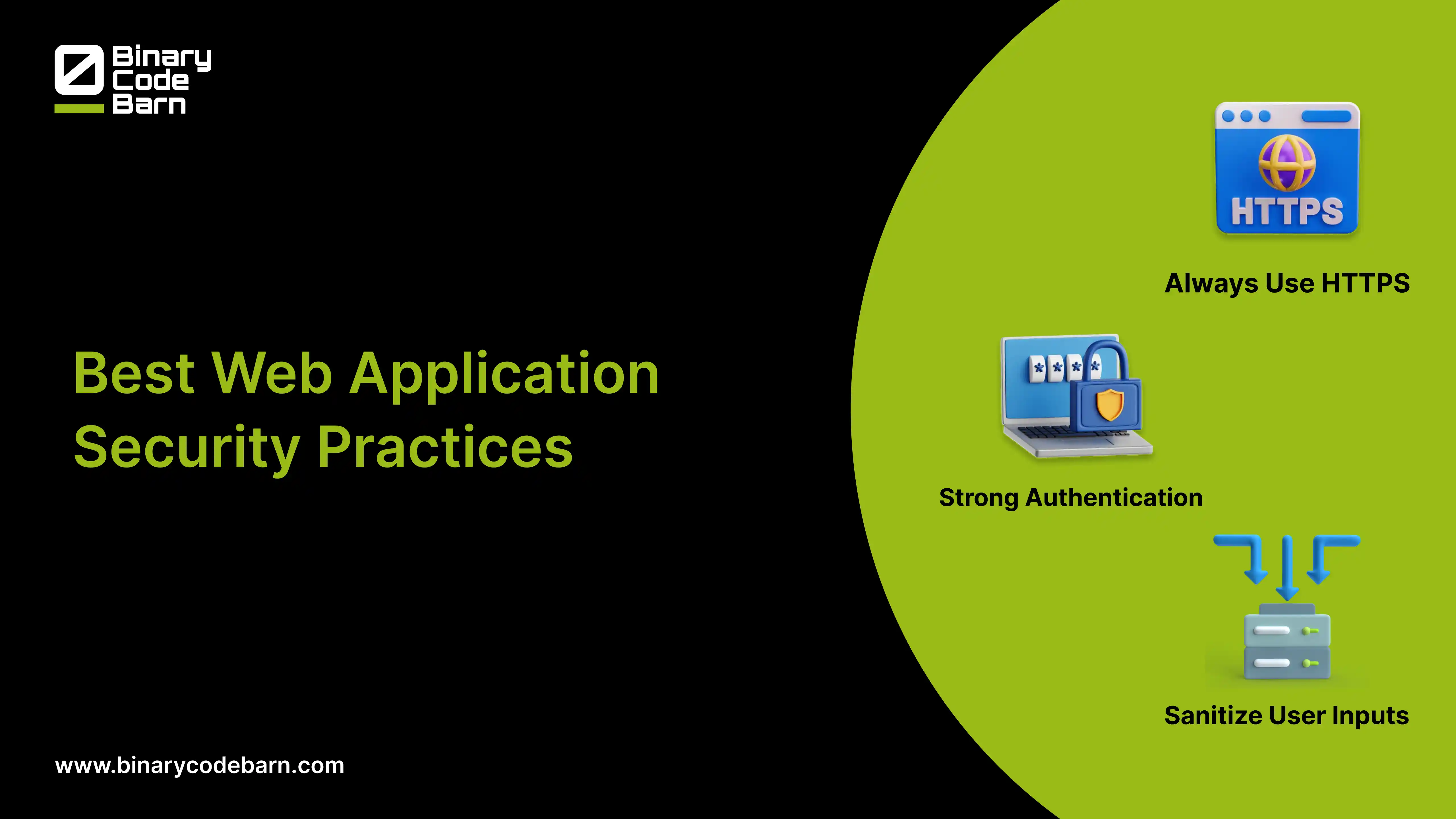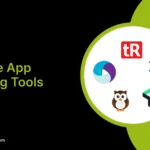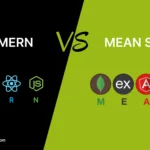Mobile apps are a core part of daily life projected to generate $935 billion in revenue by 2024. Ensuring a smooth user experience is critical, which makes thorough testing essential before app store releases.
As we enter 2025, leveraging advanced automated mobile testing tools can save time, boost efficiency, and ensure top-notch performance. This article explores the best open-source mobile testing frameworks, their benefits, and how platforms like HeadSpin elevate testing quality.
What is Mobile Automation Testing?
Mobile automation testing uses tools to evaluate the functionality, performance & usability of mobile apps across different platforms. It aims to ensure app quality by identifying and preventing defects.
This process automates user actions like tapping, swiping, and entering text to simulate real interactions, ensuring reliable and efficient app performance.
How to Choose Mobile Application Testing Tools?
Selecting the right mobile testing tool can be tricky. Consider these factors:
- Identify the Problem: Define the feature gaps or challenges you want the tool to address.
- User Requirements: Determine who will use the tool, how many licenses are needed, and prioritize ease of use or speed based on user roles.
- Integration Needs: Check compatibility with existing tools (testing, automation, bug tracking) or if a single tool can replace multiple ones.
- Desired Outcomes: Focus on the results you need, like better performance visibility, and establish metrics for success.
- Organizational Fit: Ensure the tool aligns with your workflows, delivery methods, and unique business needs.
Choose tools that solve your specific challenges and enhance your processes effectively.
10 Best Mobile Application Testing Tools
Some of the best Mobile App Testing Tools along with their best practices are given below:
testRigor
testRigor is an AI driven no code test automation tool designed to streamline end-to-end testing for web, mobile and desktop applications. Its user friendly interface allows teams to write tests in plain English making test automation accessible even to non technical team members.
Main Features
- Plain English Test Creation: Write tests without coding.
- Self-Healing Capabilities: AI automatically adapts tests to minor application changes.
- Cross-Platform Support: Test iOS, Android, web, and desktop apps seamlessly.
- Integrations: Compatible with Jira, TestRail, Jenkins, GitHub Actions, SauceLabs, BrowserStack, and more.
- 14-Day Free Trial + Free Plan Available: Explore its features risk-free.
Best For
Teams seeking easy test creation in plain English, enabling both technical and non-technical members to collaborate effectively.
Appium
Appium is a widely used open source framework for automated testing of native, hybrid & mobile web apps on iOS & Android platforms. Its cross platform support make it preferred choice among developers & testers.
Main Features
- Multi-Language Support: Write test scripts in Java, JavaScript, Python, Ruby, PHP, or C#.
- Cross-Platform Capability: Create reusable test scripts for iOS, Android, and Windows using the same API.
- No Source Code Modification: Automate apps without altering their source code.
- Broad App Type Support: Automates native, hybrid, and mobile web applications.
- Framework Integration: Compatible with React Native, Xamarin, and Flutter.
- Built-In Tools: Includes Appium Desktop and Appium Inspector for inspecting app elements and generating scripts.
Best For
Developers and testers looking for a flexible, cross-platform framework to automate mobile app testing with reusable scripts and multi-language support.
GPT Driver
GPT Driver is an AI-driven testing solution designed to simplify end-to-end testing for mobile and web applications. Backed by Y Combinator, it empowers teams to write test specifications in plain English, eliminating the need for coding skills while minimizing test flakiness and maintenance efforts.
Main Features
- Plain English Test Writing: Create tests without coding using AI-powered tools.
- AI Test Agent: Handles unexpected scenarios and UI changes automatically.
- Cross-Platform Support: Seamlessly tests iOS, Android, and web applications.
- Advanced Testing Features: Includes WebView integration, deep linking, UI testing across 180+ languages, and API testing.
- Integration-Friendly: Compatible with CI/CD pipelines for streamlined workflows.
- Test Reuse: Simplifies cross-platform testing and reduces redundancy.
- Proven Results: Trusted by companies like Duolingo, Medium, Remitly, and Hopper.
Best For
Teams seeking an AI-native mobile testing solution with robust capabilities for cross-platform and language-inclusive testing.
NightwatchJS
NightwatchJS is a Node.js framework developed and maintained by BrowserStack, designed for automating mobile application testing on virtual simulators and real devices. With its streamlined setup and integration with Appium, it simplifies mobile app testing for developers and testers.
Main Features
- Easy Setup: Install all required SDKs and libraries with a single command.
- Native Commands: Includes built-in Nightwatch commands for smooth test execution.
- Appium Integration: Compatible with Appium Inspector for advanced mobile testing capabilities.
- Parallel Test Execution: Run tests on multiple browsers and devices simultaneously to accelerate testing
- Real Device Testing: Supports testing on real devices as well as emulators and simulators.
Best For
Teams looking for a Node.js-based mobile testing framework with easy setup, parallel testing, and real device support.
New Relic
New Relic is a powerful mobile testing tool that provides end-to-end monitoring from backend systems to frontend user interactions. It is designed to not only identify bugs and crashes but also deliver real time insights into app performance and user behavior.
Main Features
- Performance Monitoring: Tracks app performance in real-time, helping identify areas for improvement.
- User Experience Tools: Monitor user sessions, track popular features, and create custom dashboards to visualize key data.
- Extensive Integrations: Supports over 500 integrations, including AWS, Google Cloud, Azure, Jenkins, CircleCI, Grafana, and Slack.
- Custom Integrations: Includes an API for building tailored solutions.
- Insightful Analytics: Provides detailed insights into user interactions and app performance trends.
Best For
Teams seeking to correlate backend and frontend performance with actionable insights for enhancing user experience.
Calabash
Calabash is mobile test automation framework that enables testers to execute automated tests for native and hybrid applications on touchscreen devices. It supports multiple programming languages making it accessible for various teams.
Main Features
- Cross-Platform Testing: Write and execute tests for iOS and Android applications.
- Reusable Test Scripts: Use the same test scripts across multiple platforms and devices, minimizing maintenance efforts.
- Versatile Language Support: Write test scripts in Ruby, .NET (C#), Java, and Flex.
- Native and Hybrid App Support: Enables testing for both native and hybrid mobile applications.
- Parallel Testing: Run tests simultaneously on different platforms and devices to save execution time.
Best For
Teams looking for a flexible, multi-language framework to automate testing for native and hybrid mobile applications.
Tricentis Testim Mobile
Tricentis Testim Mobile is a powerful tool for mobile app testing offering codeless test automation through an intuitive and user-friendly interface. It is designed to help teams rapidly create stable tests and validate application quality without requiring coding expertise.
Main Features
- Codeless Test Automation: Visual test recorder enables the creation of automated tests without writing code.
- Visual Testing: Ensures visual consistency across devices and operating systems.
- Real Device Testing: Tests application performance in real-world conditions on actual devices.
- Extensive Integrations: Compatible with Bamboo, Azure DevOps, CircleCI, Jenkins, GitHub, SauceLabs, LambdaTest, Bitbucket, and more.
- Custom Integrations: REST API allows for seamless integration into unique tech stacks.
- Support Resources: Offers comprehensive documentation and video learning courses for easy onboarding.
Best For
Teams prioritizing codeless mobile test automation with a focus on efficiency, stability, and ease of use.
XCUITest
XCUITest is Apple native framework designed for automating UI tests on iOS applications. Launched in 2015, it is specifically built for testing iOS apps using Swift or Objective-C, offering seamless integration with Xcode for efficient test management and execution.
Main Features
- Apple-Maintained: Ensures full compatibility with the latest iOS versions and features.
- Fast Execution & Low Flakiness: Provides rapid test execution and reduced test instability.
- Swift/Objective-C Support: Write test scripts in familiar languages, leveraging existing developer skills.
- Real Device & Simulator Testing: Supports both real iOS devices and simulators for comprehensive testing.
- Device Feature Integration: Use APIs to interact with device features like camera, GPS, accelerometer, and more.
- Accessibility Testing: Includes tools to ensure your app is accessible to individuals with disabilities.
- XCode Integration: Works closely with XCode and XCTest for seamless test automation.
Best For
iOS developers and teams looking for a reliable, native solution for automating UI tests on iOS applications with full Apple ecosystem support
LambdaTest
LambdaTest is a comprehensive cross browser testing platform designed to ensure compatibility across over 3000 real mobile and desktop browsers. It stands out for its ability to deliver a consistent user experience across various browsers and devices, offering both mobile and desktop testing solutions.
Main Features
- Cross-Browser Testing: Test on over 3000 browsers and mobile devices to ensure cross-browser compatibility.
- Real Device Cloud: Conduct live-interactive app testing on real Android and iOS devices.
- AI-Driven Visual Testing: Leverages AI for automated visual UI testing on the cloud.
- Native Mobile Testing: Includes both native mobile app testing and testing on real device clouds.
- Visual Regression Testing: Detects visual UI issues across browsers and devices.
- Test Intelligence: Provides AI-powered insights to improve testing efficiency.
- Smart TV Testing & Underpass: Supports Smart TV testing and secure local testing with Underpass.
- LT Browser: A dedicated browser for responsive checks.
- Test Analytics: Provides detailed analytics for monitoring and optimizing testing efforts.
Best For
Teams focused on ensuring cross-browser compatibility, real device mobile testing, and AI-driven visual testing for comprehensive mobile and web app testing.
EarlGrey
EarlGrey, developed by Google, is a testing framework primarily focused on creating UI and functional tests for iOS applications. With its interaction-driven approach and seamless integration with XCUITest, EarlGrey 2.0 enables robust testing for both iOS and Android platforms.
Main Features
- Interaction-Driven Testing: Tests simulate real user interactions with the app’s UI elements, ensuring realistic testing scenarios.
- Native iOS UI Support: Tests native iOS UI components like alerts, navigation controllers, and tab bars.
- Swift/Objective-C Support: Write test scripts in Swift or Objective-C, offering flexibility to developers.
- Parallel Test Execution: Supports running tests across multiple devices simultaneously for faster execution.
- Complex Gesture Automation: Automates complex gestures, including scrolling, swiping, pinching, and multi-finger taps
Best For
Teams looking for a powerful, realistic testing framework to automate UI and functional tests for native iOS apps with complex user interactions.
Selection Criteria For Mobile App Testing Tools
We are dividing criteria into different categories to ensure a comprehensive evaluation of each mobile application testing tool based on key factors such as functionality, usability, support, and value for money.
-
Core Functionality (25%)
- Ensure app functionality across devices and OS.
- Simulate network conditions for performance testing.
- Identify UI/UX issues on different screen sizes.
- Evaluate app responsiveness and stability.
- Integrate with development tools for continuous testing.
-
Additional Standout Features (25%)
- AI/ML for predictive analytics and smarter testing.
- Cloud-based environments for scalable testing.
- Real-time collaboration features.
- Advanced security testing for vulnerabilities.
- Support for emerging technologies (AR/VR, IoT).
-
Usability (10%)
- Intuitive design and easy navigation.
- Simple setup and configuration.
- Customizable dashboards and reports.
- Clear documentation and in-app guidance.
-
Onboarding (10%)
- Comprehensive training materials (walkthroughs, tutorials).
- Starter templates and example tests.
- Interactive product tours and support.
- Accessible customer service and community forums.
-
Customer Support (10%)
- 24/7 support via multiple channels.
- Knowledgeable and responsive support staff.
- Proactive updates and maintenance info.
- Community support through forums or user groups.
-
Value For Money (10%)
- Competitive pricing with flexible plans.
- Free trials or demos to evaluate the tool.
- Clear ROI through time savings and improved quality.
-
Customer Reviews (10%)
- High satisfaction with functionality and reliability.
- Positive feedback on ease of use.
- Success stories of improved testing efficiency.
- Constructive criticism and developer responsiveness.
By applying these criteria, the goal is to recommend tools that enhance testing quality, foster collaboration, and streamline the delivery of superior mobile apps.
Binary Code Barn can Help You!
Wrapping it up selecting the right mobile app testing tool is essential for ensuring app quality, performance and user satisfaction. With so many options available it’s important to evaluate tools based on functionality, usability, integration capabilities and support. By leveraging the best tools for your specific needs you can streamline the testing process, improve efficiency and deliver top-notch apps. Binary Code Barn can help you choose the most effective testing strategies and tools for your mobile app development ensuring a successful app launch.
FAQs
What is mobile app testing?
Mobile app testing evaluates the functionality, performance, and usability of mobile apps across different platforms to ensure they work properly and provide a smooth user experience.
Why is automation important in mobile testing?
Automation helps speed up the testing process, ensures consistent results, and reduces human error, making it easier to test apps across multiple devices and platforms.
How do I choose the right mobile testing tool?
Consider factors like tool functionality, ease of use, integration capabilities, support for your app’s platform, and cost when selecting the right mobile testing tool.
What is cross-platform testing?
Cross-platform testing ensures that an app functions properly on different operating systems (iOS, Android) and devices, providing a consistent user experience across all platforms.
What are the benefits of AI in mobile app testing?
AI in mobile testing can improve test accuracy, predict potential issues, automate complex testing tasks, and reduce manual intervention, saving time and effort.
How does real-device testing differ from simulator testing?
Real-device testing involves using physical devices to run tests, providing more accurate results in real-world conditions, while simulator testing uses virtual devices to mimic real ones.
Can testing tools integrate with development pipelines?
Yes, many mobile testing tools support integration with CI/CD pipelines, allowing for automated and continuous testing during the development process.
